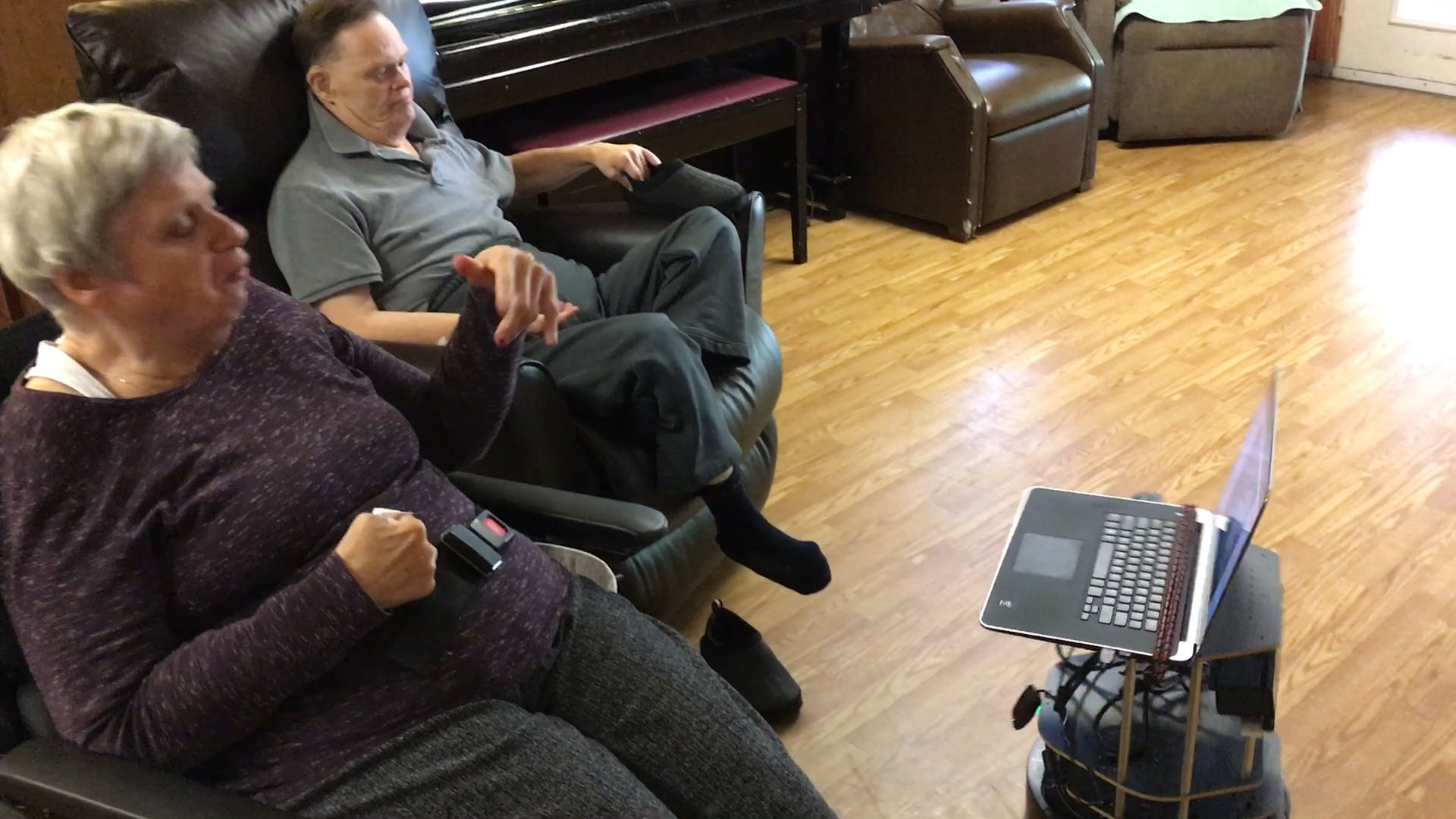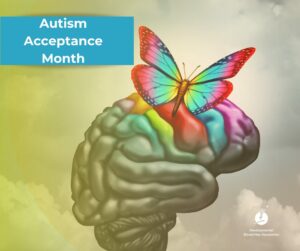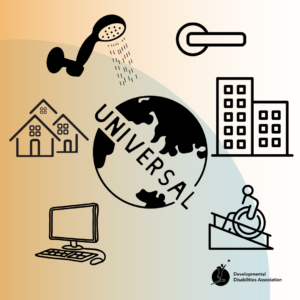DDA has had a longstanding collaborative relationship with JDQ Systems, partnering with this local technology firm through their 3Spheres™ projects and engaging them to develop our Alchemist personal planning and costing system that measures the individual achievements or the outcomes we help produce for the people who we support. The 3Spheres™ initiative represents JDQ’s corporate values of learning, helping and profiting. To this end, they contribute some of their expertise and time to worthy non-profits who wish to increase their capacity, sustainability and effectiveness.
We have worked with JDQ for the last several months to develop an affordable, collaborative service robot that could help staff provide superior supports to individuals with disabilities. Since all service providers and families who receive direct funding are struggling with recruiting and retaining trained staff at the low rates CUBC funds for supports, we know this struggle will continue to overwhelm our ability to provide human services for years to come. Due to increasing demands for caregiving personnel in areas of seniors’ care, we have embarked on this adventure of developing robotic assistants to augment the abilities of the people who we support so they can increase their independence, even later in life.
Carol, one of our most tech-savvy residents, agreed to join the design team and has been helping developers understand how robotics and artificial intelligence can help her reach her full potential.
We are now very excited to announce that the Department of Computer Science at UBC has joined our existing partners in this project – JDQ and the BCIT Faculties o f Mechanical Engineering and Business Operations. Supported by a Natural Sciences and Engineering Research Council of Canada (NSERC) Engage grant, UBC Robotics PhDs will join the 3Spheres™ Robotics Project team to help develop and prototype a collaborative service robot that will use sensors and the latest Artificial Intelligence technology to map environments, understand individual goals, schedules, strengths and needs, respond to voice commands and connect individuals to the World Wide Web for purposes of daily living tasks such as communicating, learning, appointment scheduling and entertainment. University researchers received $25,000 Engage Grants for their collaboration with JDQ on short-term research and development (R&D) projects that apply their expertise to address DDA’s collaborative service robot challenges. JDQ and DDA gain by having the expertise of the academics focused on our R&D issues and by discovering what the researchers and the students working with them have to offer.
f Mechanical Engineering and Business Operations. Supported by a Natural Sciences and Engineering Research Council of Canada (NSERC) Engage grant, UBC Robotics PhDs will join the 3Spheres™ Robotics Project team to help develop and prototype a collaborative service robot that will use sensors and the latest Artificial Intelligence technology to map environments, understand individual goals, schedules, strengths and needs, respond to voice commands and connect individuals to the World Wide Web for purposes of daily living tasks such as communicating, learning, appointment scheduling and entertainment. University researchers received $25,000 Engage Grants for their collaboration with JDQ on short-term research and development (R&D) projects that apply their expertise to address DDA’s collaborative service robot challenges. JDQ and DDA gain by having the expertise of the academics focused on our R&D issues and by discovering what the researchers and the students working with them have to offer.
Carol’s goal is greater independence and increased opportunities for social interactions. She doesn’t let the rest of the project team off lightly. Carol is clear about what she wants and likes, influences the design of the physical robot and the tasks it can execute. She recently shared an early prototype with her housemates to cries of great delight and laughter.
We are excited to engage our new robotics PhD partners at UBC and are grateful for their interest in working with the folks who we support. This relationship extends UBC’s involvement with DDA, which also includes our joint work in infant development, developmental screening, and early childhood education.
To fund future R&D collaborations with BC Universities and industry partners like JDQ, DDA will be exploring new “crowdfunding” initiatives this fall, powered by websites like Indiegogo.com, and other matching R&D grant programs. While the design and development of a safe and effective collaborative service robot for the DDA group home environment will take several years, we expect many smaller but useful technology spin-offs, supporting DDA’s technology goals, in the short term.



